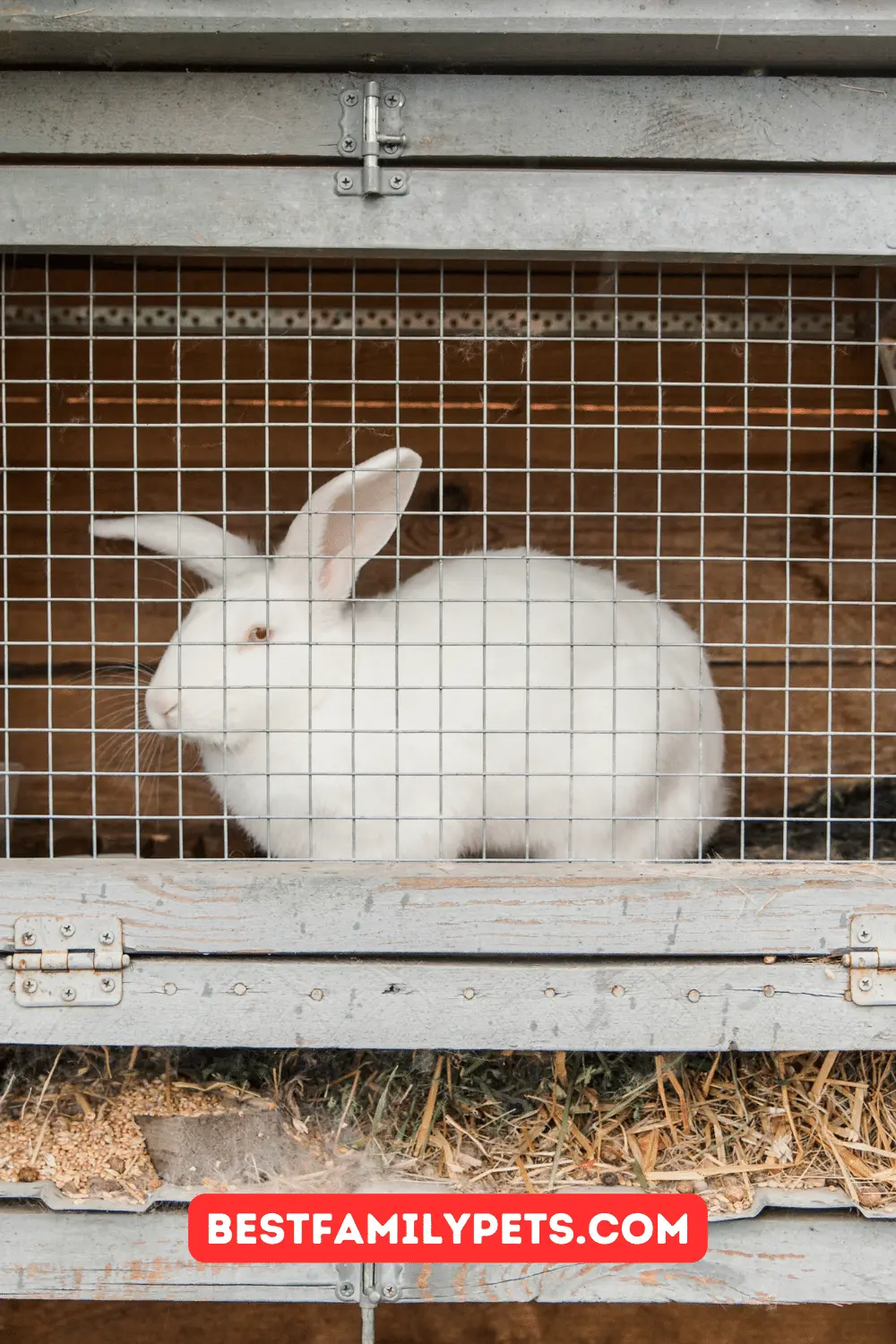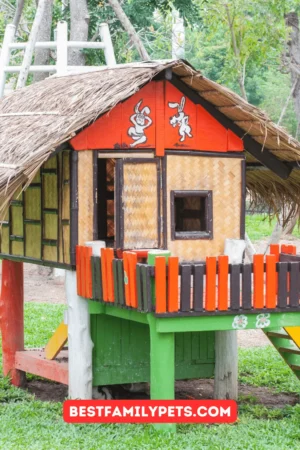How to Choose a Rabbit Cage: A Guide to Rabbit Cages
Choosing a Rabbit Cage: A Guide to Finding the Perfect Home for Your Hoppy Friend. Learn how to pick the right size, material, and features. #HowtoChooseaRabbitCage
Rabbits are delightful and social creatures that bring joy to many homes. However, just like any pet, rabbits require proper care and housing to thrive. Choosing the right cage plays a crucial role in their health and happiness.
This guide will equip you with the knowledge and considerations necessary to select the perfect rabbit cage.
Understanding Your Rabbit’s Needs:
Before delving into specific features, remember that the ideal cage caters to your rabbit’s individual needs. Different breeds come in various sizes and activity levels, so a “one-size-fits-all” approach won’t do.
Here’s a quick guide to determine the minimum recommended cage size based on your rabbit’s weight:
- Small rabbits (under 6 lbs): 24″ x 24″ x 36″ (length x width x height)
- Medium rabbits (6-10 lbs): 30″ x 36″ x 36″
- Large rabbits (over 10 lbs): 36″ x 48″ x 48″
Essential Features of a Rabbit Cage:
Now that you understand your rabbit’s size requirements, let’s explore the key features that make a great cage:
- Size: As mentioned earlier, ample space is crucial. Your rabbit should be able to hop, binky, stand upright on its hind legs without touching the top, and comfortably lie down stretched out. Remember, the minimum is just that – bigger is always better!
- Material: There are various cage materials available, each with its advantages and disadvantages. Wire mesh offers good ventilation and visibility, but ensure the gauge is thick enough to prevent injuries (14-gauge or thicker). Plastic or wood cages can be quieter and provide better insulation, but ventilation is essential and choose materials resistant to chewing.
- Exercise Area: Rabbits are naturally active creatures. Look for cages with an integrated or attached exercise area, allowing them to explore and burn off energy. Alternatively, ensure you can provide daily supervised exercise time outside the cage.
- Accessibility and Cleaning: Easy access is vital for cleaning and interacting with your rabbit. Look for wide-opening doors and removable trays for effortless maintenance and creating a bond with your furry friend.
- Ventilation and Comfort: Proper ventilation is essential to prevent respiratory issues. Choose a well-ventilated cage, and line the floor with comfortable bedding like hay or soft paper litter. Provide hiding spots like tunnels or small houses for your rabbit to feel secure and relaxed.
Choosing Between Indoor and Outdoor Cages:
Both indoor and outdoor cages have their pros and cons. Consider your climate, available space, and your rabbit’s needs when making a decision.
- Indoor cages offer temperature control, protection from predators, and easier monitoring of your rabbit.
- Outdoor cages can provide more space and access to fresh air, but require careful consideration of weather conditions, secure fencing, and predator protection.
Setting Up Your Rabbit’s New Home:
Once you’ve chosen the perfect cage, follow the assembly instructions carefully to ensure proper setup and safety. Here are some additional tips:
- Place the cage in a quiet, draft-free location away from direct sunlight.
- Equip the cage with essential items such as food and water bowls, a hay feeder, litter box, and safe toys.
- Allow your rabbit time to adjust to their new environment. Introduce them slowly and provide plenty of positive reinforcement.
Frequently Asked Questions (FAQ):
- Do rabbits need a tray in the cage? While not mandatory, a litter box with absorbent litter helps with potty training and keeps the cage cleaner.
- What features should I prioritize when choosing a cage? Size, appropriate material, good ventilation, easy access for cleaning, and an exercise area are crucial factors.
- Do I need to change the cage as my rabbit grows? If your rabbit outgrows their initial cage, providing a larger one is essential for their well-being.
Conclusion:
Choosing the right rabbit cage is an investment in your pet’s well-being. By prioritizing these essential features and considering your rabbit’s specific needs, you can create a comfortable and enriching environment for your furry companion to thrive in. Remember, a happy rabbit is a healthy rabbit!
Learn More About Rabbits (Optional):
You may also like these:
-

The Importance of Size in Rabbit Habitats
-


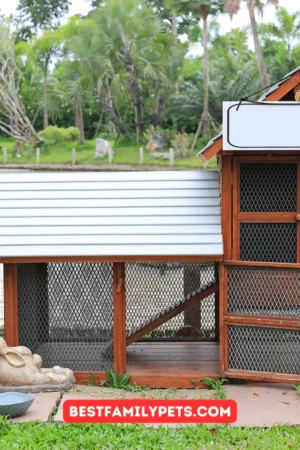
Cleaning and Maintaining Rabbit Accommodations
-


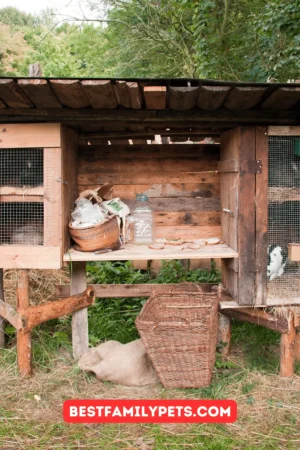
Rabbit Houses and Their Features: Creating a Safe and Happy Home for Your Bunny
-


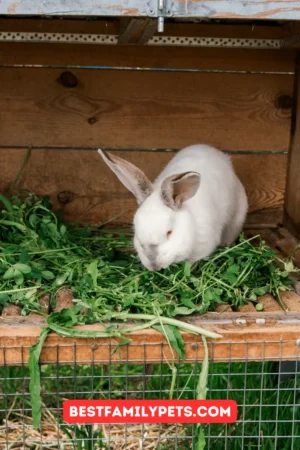
Rabbit Behavior and Needs: A Guide to Happy Hopping
-


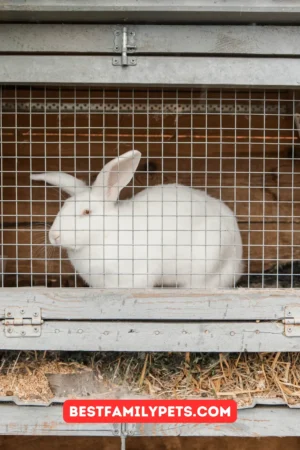
How to Choose a Rabbit Cage: A Guide to Rabbit Cages
-


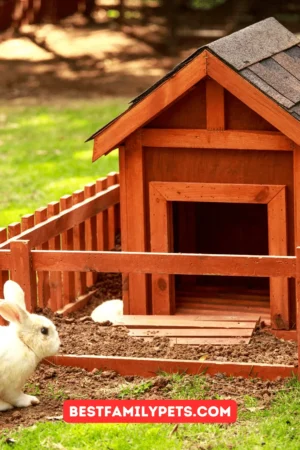
How to Choose a Rabbit Hutch: A Guide for Happy Hoppers
-


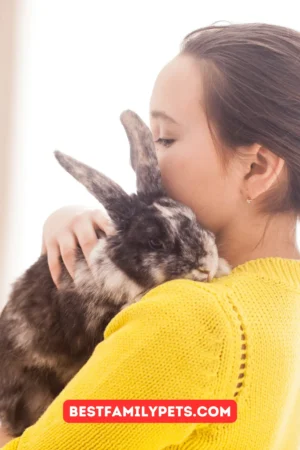
Rabbit Care Essentials: Keeping Your Bunny Happy and Healthy
-


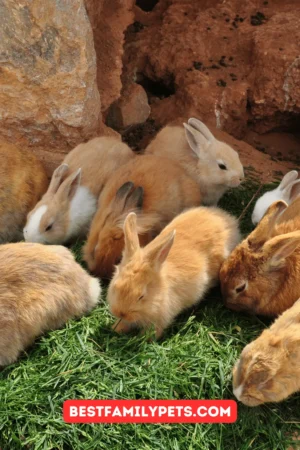
Rabbit Habitats in Melbourne: A Comprehensive Guide
-


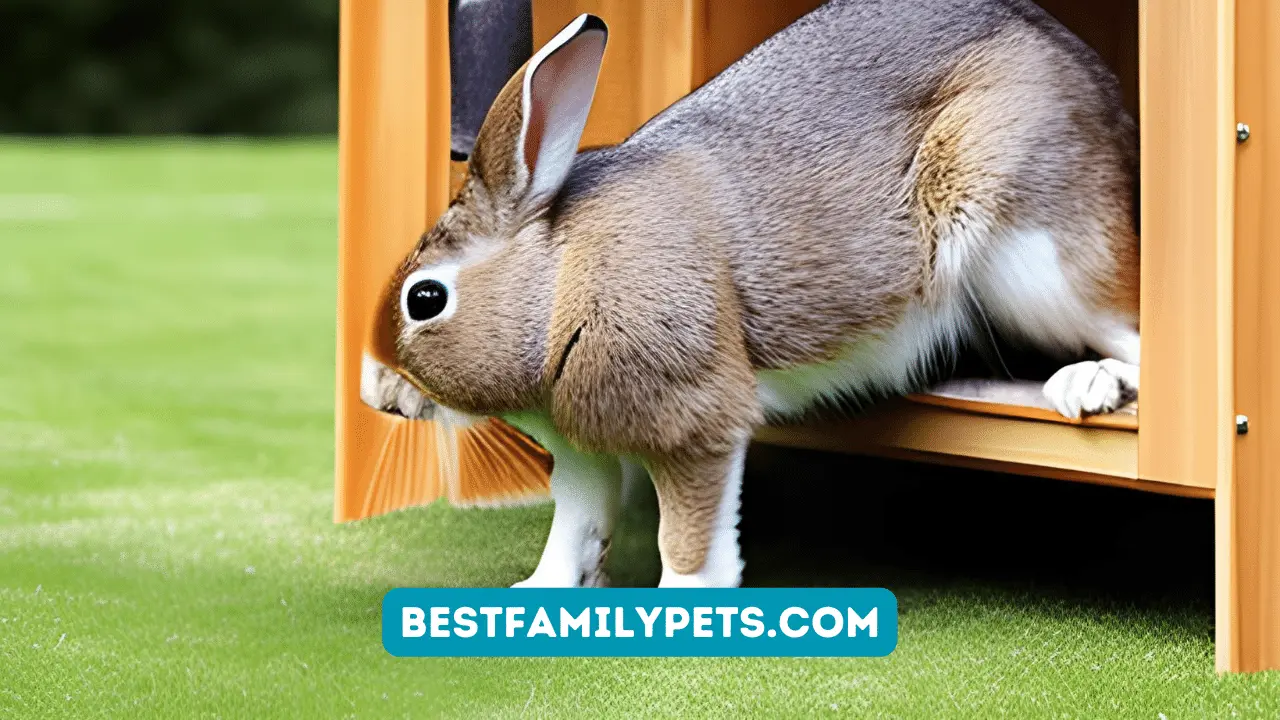
Is Buying a Second-Hand Rabbit Hutch a Good Idea?
-


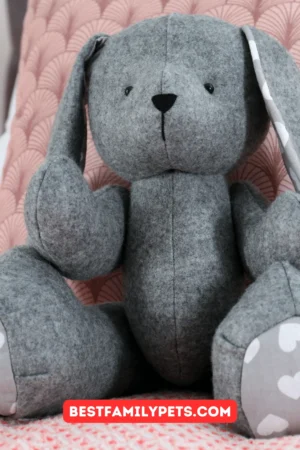
Top 10 Best Selling List for Rabbit Bed Large Pink
-


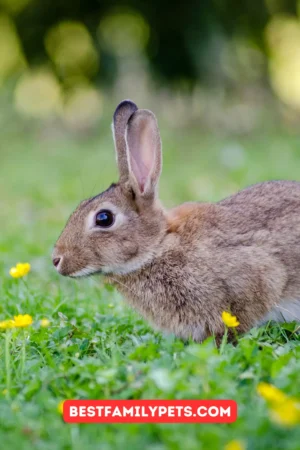
Trixie Natura Rabbit Hutch With Outdoor Run
-


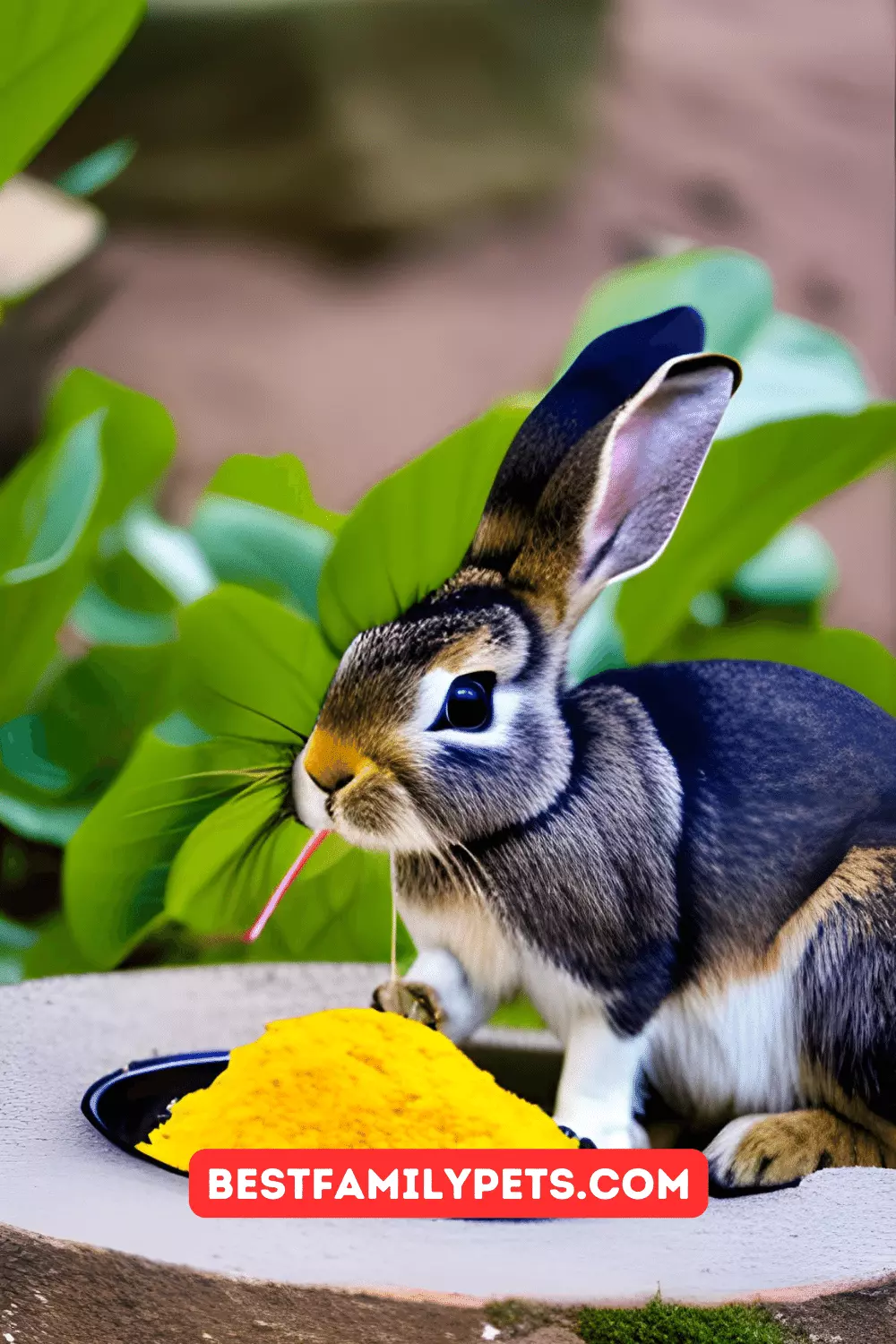
Rabbit Food: Which One is Best?
-



What Does Rabbit Taste like?
-


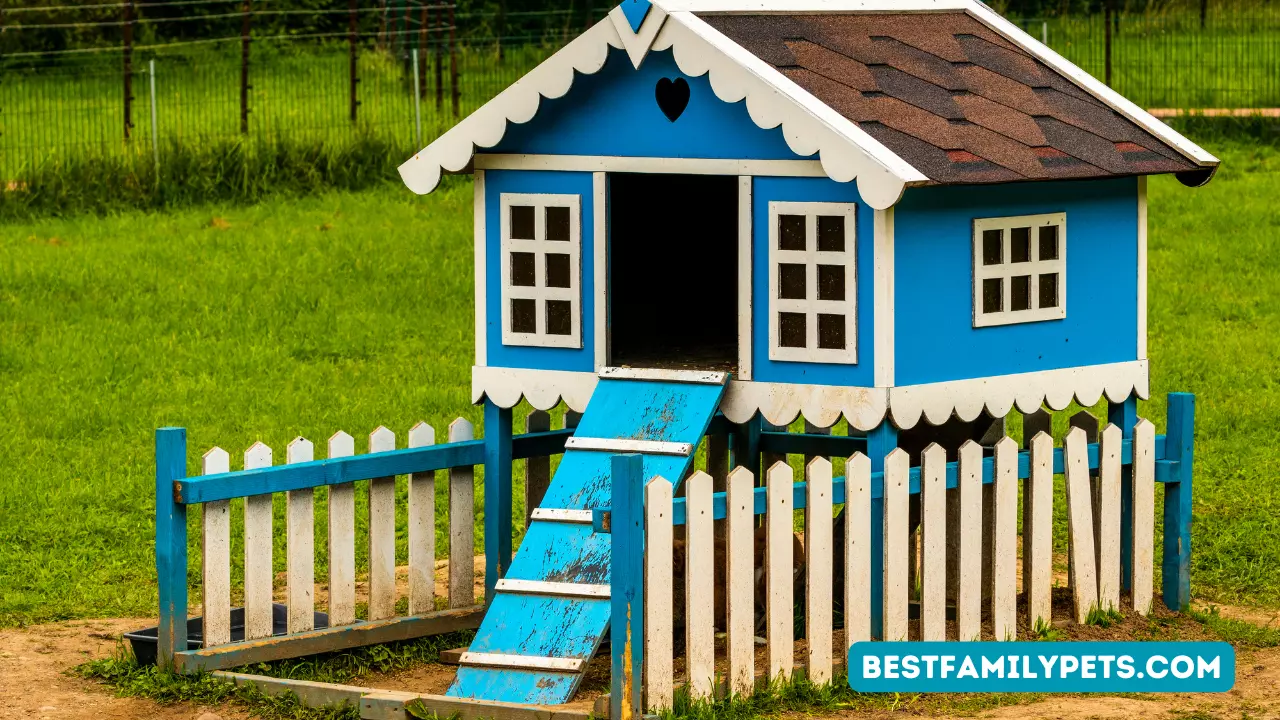
Rabbit Hutches, Cages & Houses for Sale in Melbourne
-


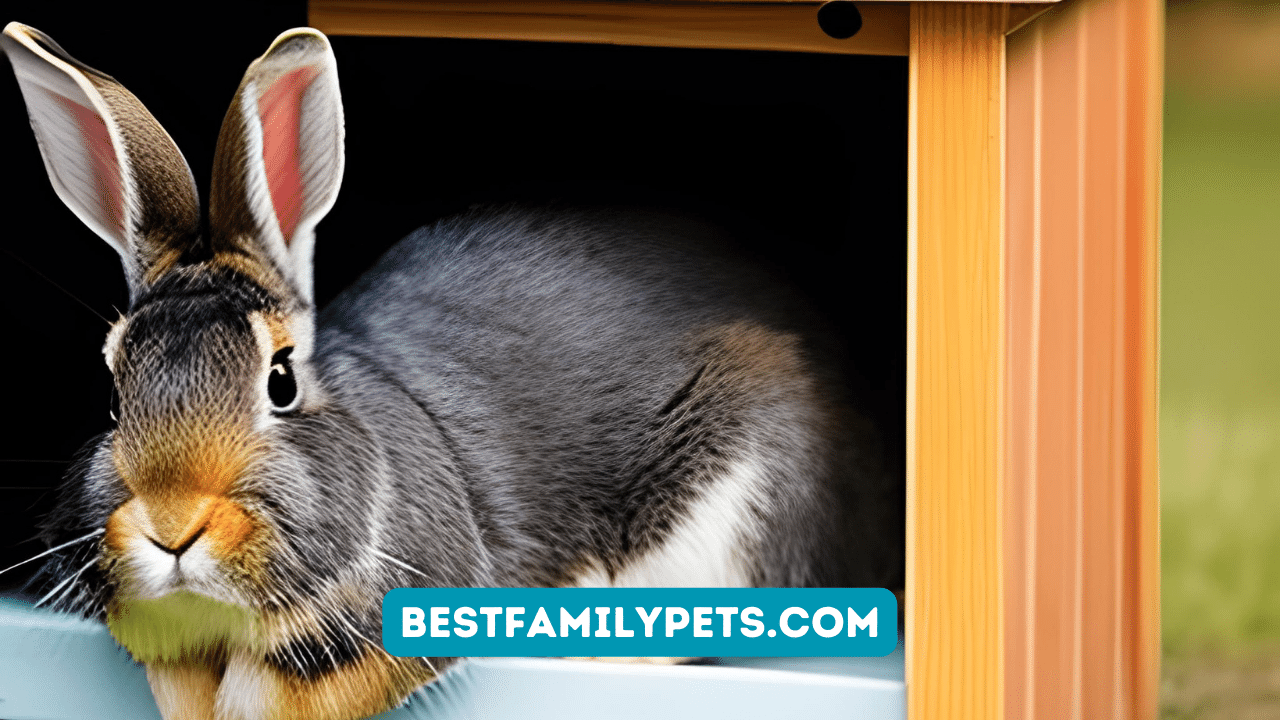
The Great and Small Rabbit Hutch: Finding the Perfect Fit

